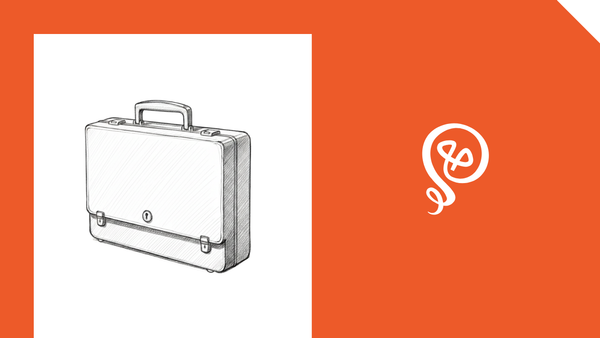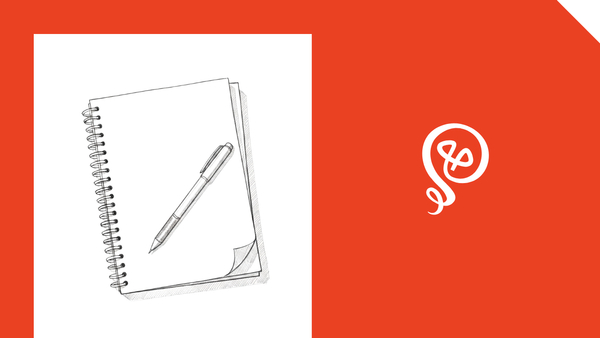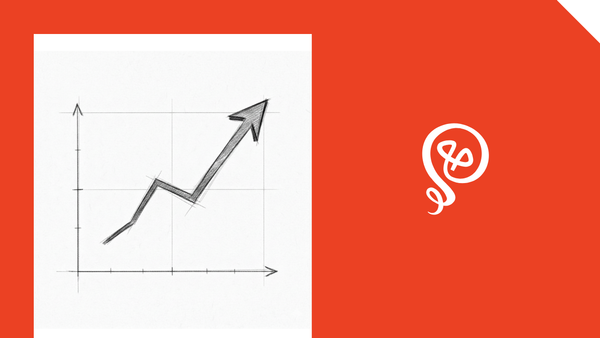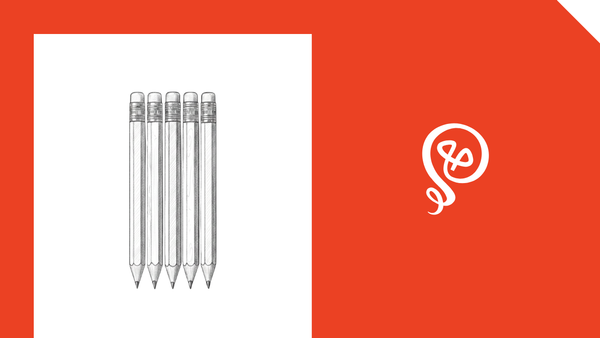5 Ways to Prepare for a Recession
No one can predict the future, but you can brace yourself for hard times
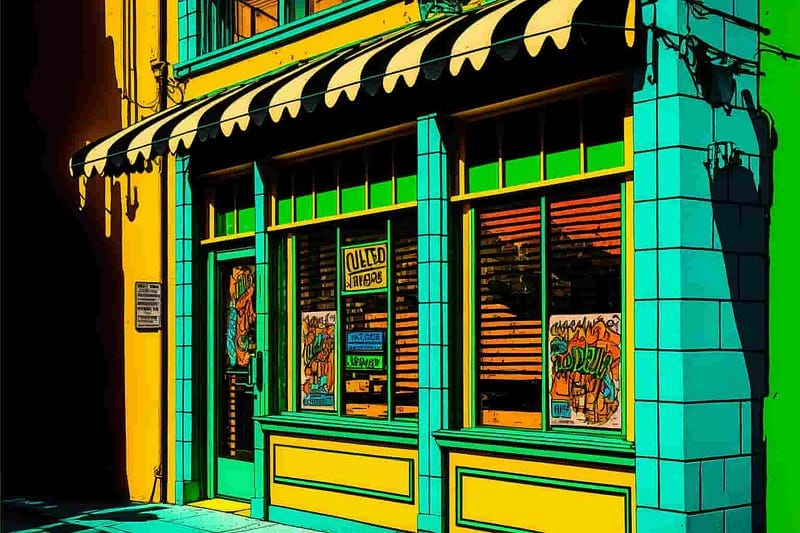
Recession. Kind of a scary word and one that has entered the conversation. Along with economists and financial gurus, you’re probably wondering what will happen. Are we headed toward another recession, à la 2008-style?
No one knows for sure. But soaring gas prices and high inflation have led to a gloomy consumer outlook. Rents and home prices continue to increase, while the Fed has raised interest rates. And a series of high-profile tech layoffs have made many people nervous about job security.
It feels like a storm is brewing.
I was a young professional in 2008. I worked for a company that sold software to banks… and the banking industry was hit hard. My company had to lay off a third of its workforce. Those of us that were left behind saw other cuts, just to stay in business. It was a tumultuous time.
While Treasury Secretary Janet Yellen says a recession “isn’t inevitable” it’s enough to make people nervous. 70% of economists believe that a will likely hit at some point in 2023 — which means you have some time to prepare.
Here are five ways to situate your finances and your career before a recession hits. And if it never comes, no harm done — you’ll have built up some financial health in the process.
1) Cut back on spending
Take a look at how you spend your money and figure out what you can cut. Everything is expensive right now anyway — prices on consumer goods have risen 8% since this time last year.
Consumer spending fell sharply in the early months of the pandemic. Some of this was due to layoffs, but many people stopped spending because stores and entertainment venues were closed. As a result, in 2020 people saved at nearly double the rate that they did in 2019.
Think of a potential recession as a time to hunker down again. By reducing your spending, you’ll have money to prepare for the recession in other ways.
2) Increase your cash on hand
As you spend less, you can save more. Start socking away money in an emergency fund, at least for the next six months. And if you end up not needing it, you’ve got a nice nest egg that you could use in any emergency in the future.
If you have a tight budget and saving seems hard, consider other ways that you could add to your emergency fund. Maybe it’s a time to hustle and do some freelance work in your field. The time to look for that type of work is now — before companies cut back on their own spending (and some already have).
Homeowners have an additional option: a home equity line of credit. A HELOC works like a credit card: you are given a specific amount of credit and you can draw on it and pay it back. The amount of a HELOC depends on the amount of equity you have in your home. But as home values have risen, equity has increased.
Talk to your local bank about a HELOC. The interest rates are much, much lower than a credit card. Your HELOC can sit with a balance of $0.00 and you only draw on it if you need it. But the best time to get a HELOC is when you don’t need it. If you have been laid off from your job, you may not qualify for this type of loan.
If you’re a small business owner or a freelancer, you may qualify for a business line of credit — also something that can help weather the storm if your income goes down. Talk to your bank or check out online lenders that specialize in business loans.
3) Pay down your credit card debt
Another way to prepare for a recession is to pay down any credit card debt you have. If something were to happen to your job, you’ll feel less underwater if you owe less money overall.
So should you prioritize saving or putting money toward your credit card? It’s a complicated answer. Some things (like your rent or mortgage) can’t be charged on a credit card. In the event of a layoff, you would want to have some savings available to pay those bills.
But if you’ve got a savings amount that you’re comfortable with, the paying down credit card debt will help a lot. You’ll be reducing the amount of interest you’re paying. And once it’s paid off, you free up that monthly payment amount for other things.
Also, by paying down your credit card, you’re freeing up credit. Just in case you run out of savings and don’t have a HELOC, you could charge expenses to your credit card again in an emergency. Charging to a credit card should be a last resort since the interest rate is so high, but sometimes it’s the only option.
If you’ve paid down your credit card, you’ll owe less and have more credit available in the event you need to start charging.
4) Don’t look at your 401k statements
Just don’t even open those monthly statements from your 401k investments. Delete the email or toss the statement directly in the recycling.
The market is ridiculously volatile right now, but unless you’re in retirement or very close to it, you have time for your accounts to recover. It has happened many, many times before. The stock market takes a major dip and people start to panic, thinking they should protect their money. But it’ll bounce back. No need to stress.
5) Start thinking about your next job NOW
No one likes to think that they’ll be part of a layoff. You may think that you’re totally secure in your job, but the truth is no one knows how hard the economy will be hit. And at the end of the day, companies will look out for their own survival. So should you.
You can start by asking your manager some questions. Has the company thought about a recession? Does the company have cash on hand? How has the company handled economic downturns in the past? If your manager doesn’t know or isn’t forthcoming, the company may not be prepared to weather the storm.
Brush up your resume and your cover letter. If you do get laid off, those are the last things you want to think about — you want to start sending those off as quickly as possible.
Finally, improve your presence on LinkedIn. Connect with everyone you know and try to post something at least once a week. More than ever, hiring managers are turning to LinkedIn to understand candidates as a person. You want to humanize yourself and “show” why you’d be a great fit.
Interact with other people as well, especially your connections. If you were to get laid off, you can rely on your network to help you land your next role. By interacting, you’re staying on the minds of people you know.
And if you do lose your job, make an announcement on LinkedIn and change your profile to “Open to Work.” As painful as it might be, it’s become a common occurrence. Many people in the professional community swoop in and offer help so that the people impacted by layoffs can find new jobs quickly.
You could also create a one-page website that describes your accomplishments (Carrd is a great option for this). Think of your career as a portfolio of experiences, not just your resume. You want to give future employers every opportunity to know you — so that you really shine among a pile of applicants.
This article is for informational purposes only. It should not be considered financial or legal advice. Consult a financial professional before making any major financial decisions.
You can read about the future of work and career pivots on my Substack.


